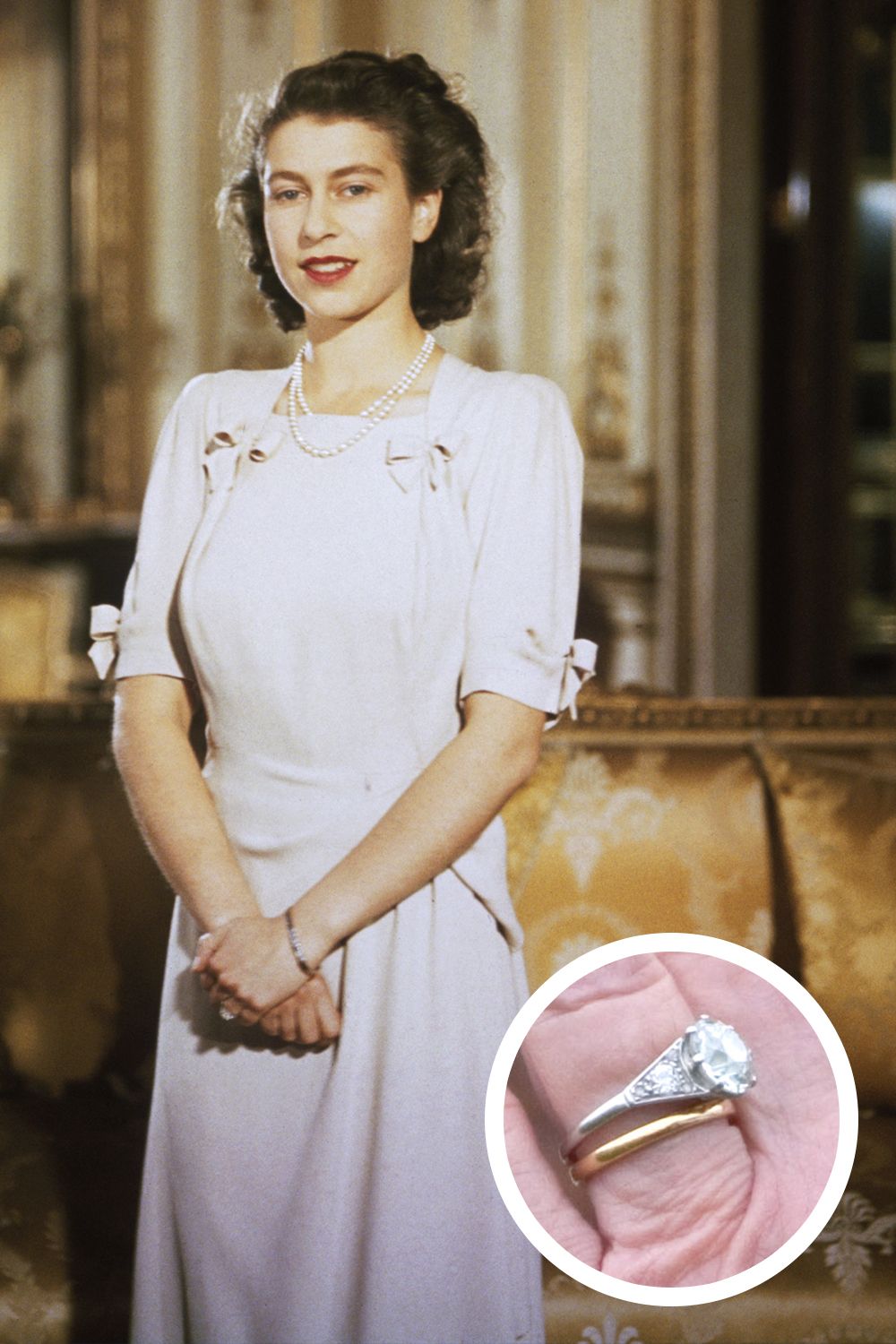The History of Organic Clothing
It all started back in the hedonistic 1970s when the war was long over and the polyester era was beginning to chafe the thighs of the younger generation. Make do and mend was still clinging on in the older generations but stories about chemicals and sustainability started to leak out and the health conscious used this as an excuse to demand more environmentally friendly materials.
Fashion labels picked up on this shift in attitude and the words ‘organic’ and ‘natural’ began appearing on clothes labels in an attempt to rid the high street stores of chemically infested materials which were causing a health concern to the people of Britain.
Since then organic clothing has become the talk of the town, with high street brands making sure they cover that particular requirement. While it has by no means taken over from man made fibres, you could if you were so inclined build an entire wardrobe from organic cottons, sheep’s wool, hemp, linen and various other ethically sourced and organically grown materials and you wouldn’t end up with a collection of sack dresses, hair shirts and ill-fitting t-shirts.
You can tell a lot about a brand by looking at the label, it’s not all about simply looking for your own size, it’s about checking the ‘made in’ and the ‘made of’ and we’re split between the highly aware and the £2 top brigade. But even the £2 top can be made of organic cotton and while it is probably not ethically sourced, it is at least not the devil child of the natural world. One step at a time as they say and buying organic is one step towards buying ethically, if we’re happy to save the environment we should really be standing up for human rights, worker rights and the whole sewing kit and caboodle of the ethical fashion forum.
These days top fashion designers are ethical, some shouting about it and some quietly getting on with it because quite frankly, that’s just how fashion should be. Whether they’re using it as a selling point or not, consumers need to realise that not only are they damaging their bank accounts by buying ultra cheap clothing but they’re also likely to be unknowingly exploiting low paid workers abroad.
Buying cheap clothes is a false economy, with cardigans becoming shrunken and misshapen after a matter of one wear or one wash and t-shirts, trousers and coats with weak seams and loose button threads and shirts and jumpers with faded colours, leaving you to replace it all a lot and often. Organic clothing and ethical fashion have come a long way and no sit proudly beside their cheap decadent counterparts – no doubt one day they’ll eclipse them and the fashion world will be a place with a clearer conscience.






